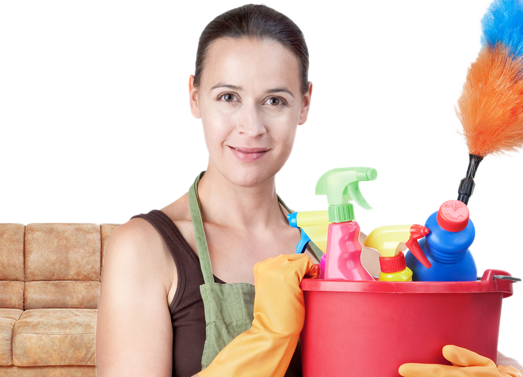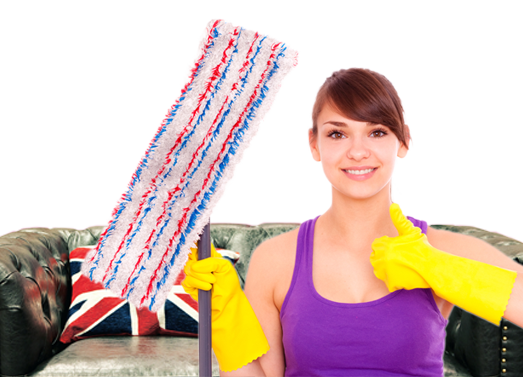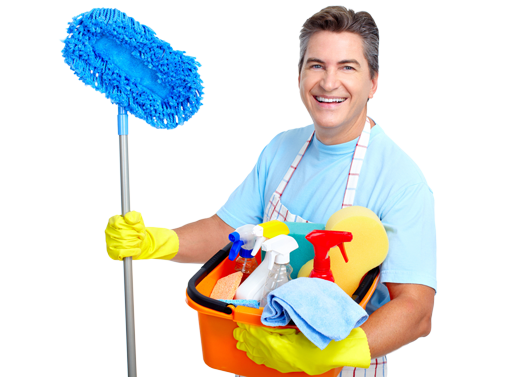Elevate Your Jewellery Game with Expert Cleaning Hacks
Posted on 16/06/2025
Elevate Your Jewellery Game with Expert Cleaning Hacks
Jewellery is more than just an accessory; it's an expression of style, status, and sentiment. Whether you own intricate family heirlooms, dazzling diamonds, or everyday silver statement pieces, keeping your jewellery spotless and radiant is essential. However, maintaining your jewellery's brilliance requires more than just an occasional wipe. With proper care, you can elevate your jewellery game and ensure your favourite pieces look their absolute best for years to come.
Why Regular Jewellery Cleaning is Essential
Over time, dirt, oils, lotions, and even air pollution can cause your jewellery to lose its luster. Not only does neglected jewellery appear dull, but residue buildup can also damage sensitive stones and weaken precious metals. Regular cleaning helps prevent grime, restores shine, and prolongs the life of your treasured pieces.
- Preserves appearance: Maintains that fresh-from-the-jeweller sparkle.
- Protects value: Prevents tarnish and corrosion, ensuring lasting value.
- Safeguards health: Removes bacteria and germs from rings and earrings that are worn daily.
By incorporating expert cleaning hacks into your routine, you can confidently wear your pieces knowing they look their absolute best.
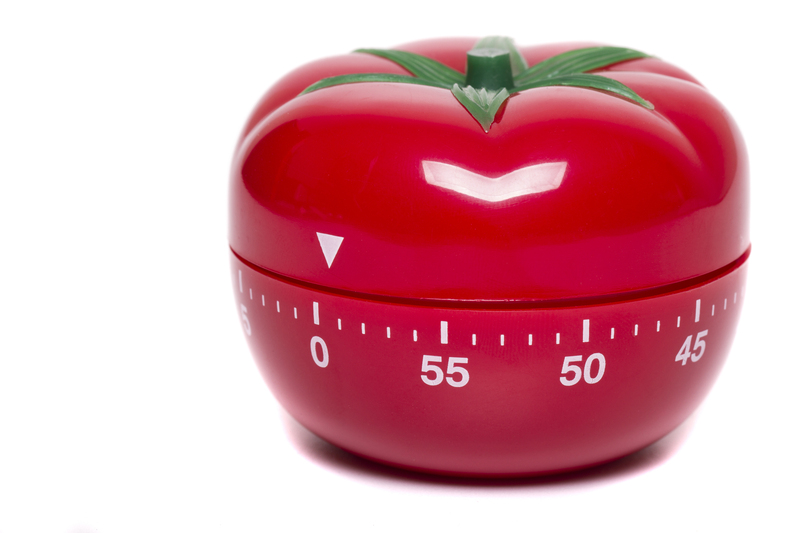
Common Mistakes: What Not to Do When Cleaning Jewellery
Before diving into expert cleaning tips, it's important to address some common cleaning mistakes that could do more harm than good.
- Using harsh chemicals: Bleach, acetone, and ammonia can erode metals and damage stones.
- Abrasive scrubbing: Toothbrushes with stiff bristles or rough materials can scratch delicate surfaces.
- Ignoring setting types: Not all jewellery can be cleaned the same way. Pearls, opals, and emeralds, for instance, are much more delicate than diamonds or sapphires.
- Neglecting to rinse properly: Cleaning solution residue can irritate skin and undermine shine.
To truly elevate your jewellery game, always follow methods that are safe for your collections and materials.
Expert Jewellery Cleaning Hacks: The Ultimate Guide
Here's a definitive guide to expert-approved cleaning hacks for every kind of jewellery piece, from gold and silver to pearls and costume favourites.
1. Universal Jewellery Cleaning Solution: Gentle Dish Soap Soak
For a wide range of jewellery types, especially gold, platinum, and gemstones, a basic soap soak is both gentle and effective.
- Fill a bowl with warm (not hot) water and add a few drops of mild dish soap.
- Soak your items for 10-15 minutes to loosen dirt and grime.
- Gently brush (using a baby toothbrush or a dedicated soft-bristle jewellery brush) in hard-to-reach crevices.
- Rinse thoroughly under clean water and pat dry with a lint-free cloth.
Pro Hack: Use a strainer or fine mesh sieve to avoid jewellery slipping down the drain while rinsing.
2. Restore Silver's Shine with Baking Soda and Aluminum Foil
Silver tarnishes easily, but you can bring back its radiance using a simple, science-backed method.
- Line a bowl with aluminum foil, shiny side up.
- Place your silver jewellery on the foil and sprinkle with baking soda.
- Pour hot water to cover the pieces. You'll see the tarnish transfer from your jewellery to the foil via a chemical reaction.
- After a few minutes, remove, rinse well, and buff with a soft cloth.
*This method should not be used on silver jewellery set with pearls or soft gemstones.
BONUS TIP: Store silver with anti-tarnish strips or in a silica gel bag to slow future tarnishing.
3. Add Sparkle to Diamonds with Club Soda
Your diamonds may look clean, but are they truly radiant? Elevate the sparkle with a quick club soda soak. The carbonation helps lift dirt from intricate settings.
- Soak diamonds, sapphires, or rubies in a glass of club soda for 5-10 minutes.
- Brush gently and rinse with cold water.
Note: This is not suitable for softer or porous stones.
4. Pearl and Opal Polish: Less is More
Pearls and opals are delicate, porous, and can be easily damaged by improper cleaning.
- Never soak these stones. Instead, wipe gently with a very soft, damp cloth.
- Use only the tiniest drop of mild soap if necessary, then wipe with clean water.
- Lay flat to dry to avoid stretching the string (if beaded).
Pro Advice: Never store pearls in airtight containers; they need moisture to prevent cracks.
5. Costume Jewellery Cleaning: Toothpaste Trick (With Caution!)
Costume pieces, often made from base metals and crystals, can turn dull quite quickly. Toothpaste can work wonders, but only if it's non-gel and nonabrasive.
- Use a cotton swab with a small amount of non-gel toothpaste.
- Rub gently over stones and settings, avoiding painted or delicate areas.
- Rinse (do not soak) and dry promptly.
*Always test a small, inconspicuous area first to avoid accidental damage.
Advanced Cleaning Hacks from the Pros
Ready to elevate your jewellery maintenance routine like a pro? These advanced hacks provide deeper cleaning and lasting brilliance:
Ultrasonic Cleaners: What You Need to Know
Ultrasonic jewellery cleaners use high-frequency sound waves to remove dirt even from intricate settings. Here's how to use them responsibly:
- Ideal for: Diamonds, gold, platinum.
- Not suitable for: Pearls, opals, emeralds, and some vintage pieces (may loosen settings).
- Always follow the manufacturer's instructions and avoid overuse.
Tip: Consult your jeweller to check if your piece is suitable for ultrasonic cleaning.
At-Home Steam Cleaning for Tough Grime
If you don't have a steam cleaner, you can mimic the effect:
- Run hot water in your sink, letting the bowl fill with steam.
- Hold your ring or earring (with tongs!) above the steam for a few seconds to loosen dirt, then clean as usual.
*Avoid direct, prolonged steam on heat-sensitive gemstones.
DIY Jewellery Cleaning Wipes
Create your own cleaning wipes for touch-ups on the go:
- Moisten a soft microfiber cloth with a water-and-dish soap solution.
- Seal in a zip-lock bag for quick refreshes when traveling or heading to an event.
Underlined text is ideal for grabbing attention in routines and tip cards.
How to Maintain Shine Between Cleanings
Even the most thorough cleaning won't last forever. Adopt these expert-approved daily habits to keep your jewellery dazzling for longer:
- Remove rings when washing hands, applying lotions, or cleaning household products.
- Store each piece separately to prevent scratches and tangling, ideally in soft pouches or lined jewellery boxes.
- Wipe down with a soft cloth after each use to remove oils and dirt.
- Take off jewellery before swimming (chlorine can damage gold and silver) or exercising (sweat contains corrosive salts).
- Schedule yearly professional check-ups to ensure stones are secure and to receive a deep professional clean.
Eco-Friendly Jewellery Cleaning Hacks
For those who prefer green alternatives, you can still enhance your jewellery cleaning game:
- Lemon and salt: Use for stubborn silver tarnish (avoid gemstones and pearls).
- Vinegar: Good for gold and gemstones, but always dilute and rinse thoroughly.
- Baking soda paste: Safe for many metals, but use a soft cloth, not abrasives.
- Cotton or bamboo cloths: Biodegradable, reusable cleaning cloths instead of paper towels.
Remember: Natural doesn't mean less effective--always test new methods on a small spot first!
Expert Tips for Specific Jewellery Types
Different materials require unique care. Below is a quick reference guide for cleaning your different jewellery types:
- Gold: Mild soapy water, soft brush, polish with a gold cloth.
- Platinum: Same as gold but avoid reservoir storing (may scratch other pieces).
- Silver: Baking soda method or silver-specific cloths.
- Pearls & Opals: Wipe-only, avoid moisture and chemicals.
- Gemstones: Most can handle mild soap and water, but avoid extreme temperatures and chemicals.
- Costume jewellery: Use only non-abrasive, non-water-soaking methods.
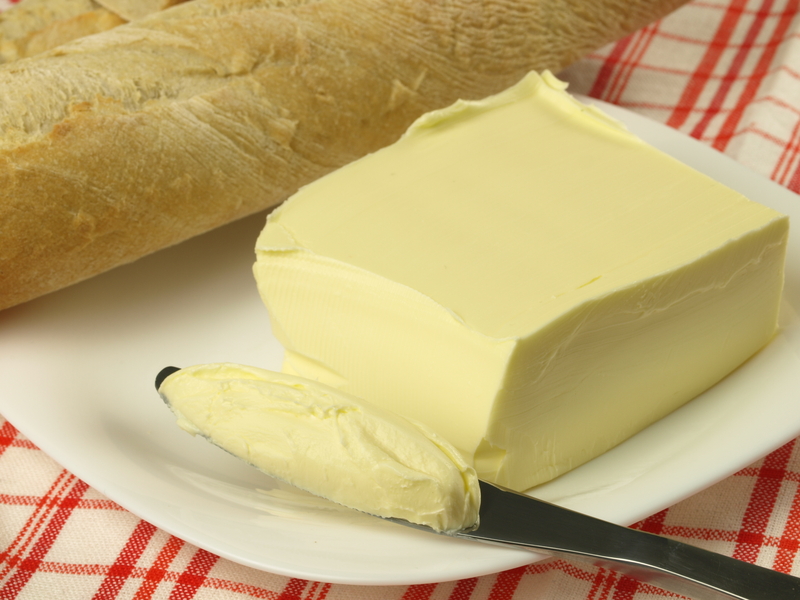
Frequently Asked Questions: Jewellery Cleaning Masterclass
- How often should I clean my jewellery? - Pieces worn daily (rings, earrings) benefit from a weekly wipe and a full clean every 1-2 months. Occasional pieces can be cleaned as needed.
- Can I use toothpaste to clean all jewellery? - Be cautious: only use non-gel, non-abrasive toothpaste on durable metals like silver or gold. Never use on pearls, soft stones, or costume pieces with glued-in gems.
- Is it safe to use an ultrasonic cleaner at home? - Yes, for diamonds and most precious metals, but avoid soft gemstones and vintage pieces. Always check stone security before and after.
- What is the best way to store my jewellery? - Store each piece separately in soft pouches or compartments. Add anti-tarnish strips for silver and keep pearls in a breathable, cloth-lined box.
- How do I remove stubborn tarnish or grime? - For silver, try the baking soda and foil technique. For gold or diamonds, use a mild soap and soft brush. Always rinse thoroughly.
Conclusion: Elevate Your Jewellery Game Like a Pro
Dull, tarnished, or grimy jewellery can undermine even the most polished outfits. Now that you're equipped with these expert cleaning hacks, you can routinely restore the shine, sparkle, and value of all your precious pieces--all from the comfort of your home.
By adopting the right cleaning techniques for each type of jewellery, you not only maintain its beauty but also extend its lifespan for future generations. Remember, gentle cleaning, mindful storage, and periodic professional care are the keys to jewellery that dazzles every time you wear it.
Ready to shine? Grab your cleaning kit and elevate your jewellery game today!
For more expert advice on jewellery care, maintenance, and styling tips, explore our Jewellery Insights Blog.
Latest Posts
Creating a Safe and Fresh Atmosphere Indoors
Design an Organised Small Wardrobe with Minimal Effort
Unleash Innovation to Conquer Cleaning Challenges


